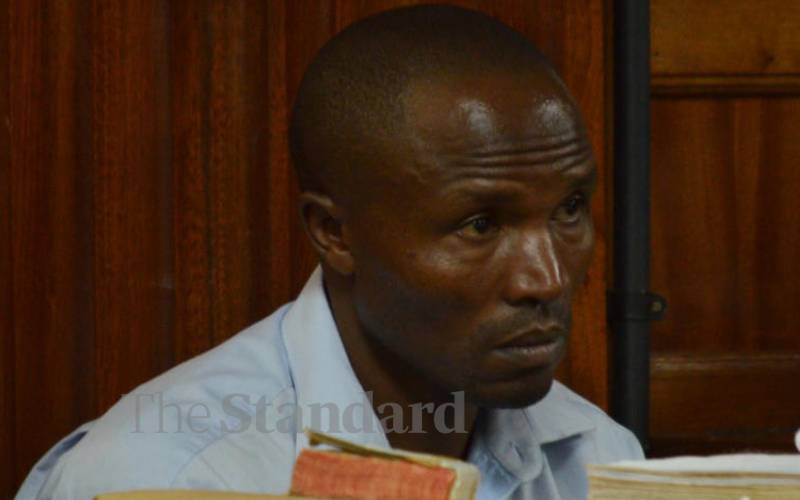×
The Standard e-Paper
Join Thousands Daily

Philip Onyancha. [Fidelis Kabunyi, Standard]
Self-confessed serial killer Philip Onyancha has been saved from the death penalty in one of the three murder cases he was facing for lack of evidence.